Understanding the Risks of Propane Leaks: Why It's Crucial to Monitor Low-Lying Areas
Propane is a versatile and widely used energy source in many homes, businesses, and industries, powering everything from heating systems to cooking appliances. However, the risks associated with propane leaks are often underestimated, and many people don't fully understand the potential dangers. Understanding where propane tends to accumulate, the factors that contribute to leaks, and why it's critical to monitor these areas can help prevent disastrous outcomes. Being proactive in leak detection and maintenance can save lives and protect property.
Risks of Propane Gas Accumulation
Propane gas is heavier than air, making it especially dangerous when leaks occur. In our experience, when propane leaks from equipment or containers, it can settle in low-lying areas such as basements, pits, and trenches. These areas can act as containers for the gas, allowing it to build up to dangerous levels unnoticed. This characteristic of propane underscores the importance of regularly monitoring low-lying zones where gas accumulation might go undetected.
Propane Leak Dangers In Residential Settings
As mentioned before, basements are common sites for propane accumulation in residential homes. Home heating systems, hot water tanks, and kitchen appliances that use propane are often located in or near the basement. If a leak occurs and is not addressed promptly, it poses a risk of both explosion and suffocation. According to the NPGA, there are 4,000 propane companies throughout the United States, underscoring the safety component of preventing leaks. Homeowners should install propane detectors and ensure proper ventilation to mitigate these risks and maintain safety.
Propane Leak Prevention In Industrial Settings
Industrial environments also face significant risks with propane leaks. Many facilities operate in areas such as pits and trenches, where propane can collect and go unnoticed without regular monitoring. Preventive measures, including installing monitoring systems and ensuring efficient ventilation, should be prioritized. By doing so, facilities can reduce the risk of incidents and protect workers from potential harm caused by propane exposure.
The meticulous monitoring of low-lying areas prone to propane accumulation is not just a safety measure; it is a necessary practice in risk management that should never be overlooked. Awareness, regular inspections, and timely preventive actions can save lives, prevent property damage, and reduce the likelihood of costly repairs. By taking proactive steps to detect and address leaks early, individuals and organizations can create a safer environment for everyone involved, ultimately safeguarding both people and property. Investing in safety today can prevent far more significant consequences tomorrow. Mountain Country Propane is available 24/7; call us for your propane needs today!

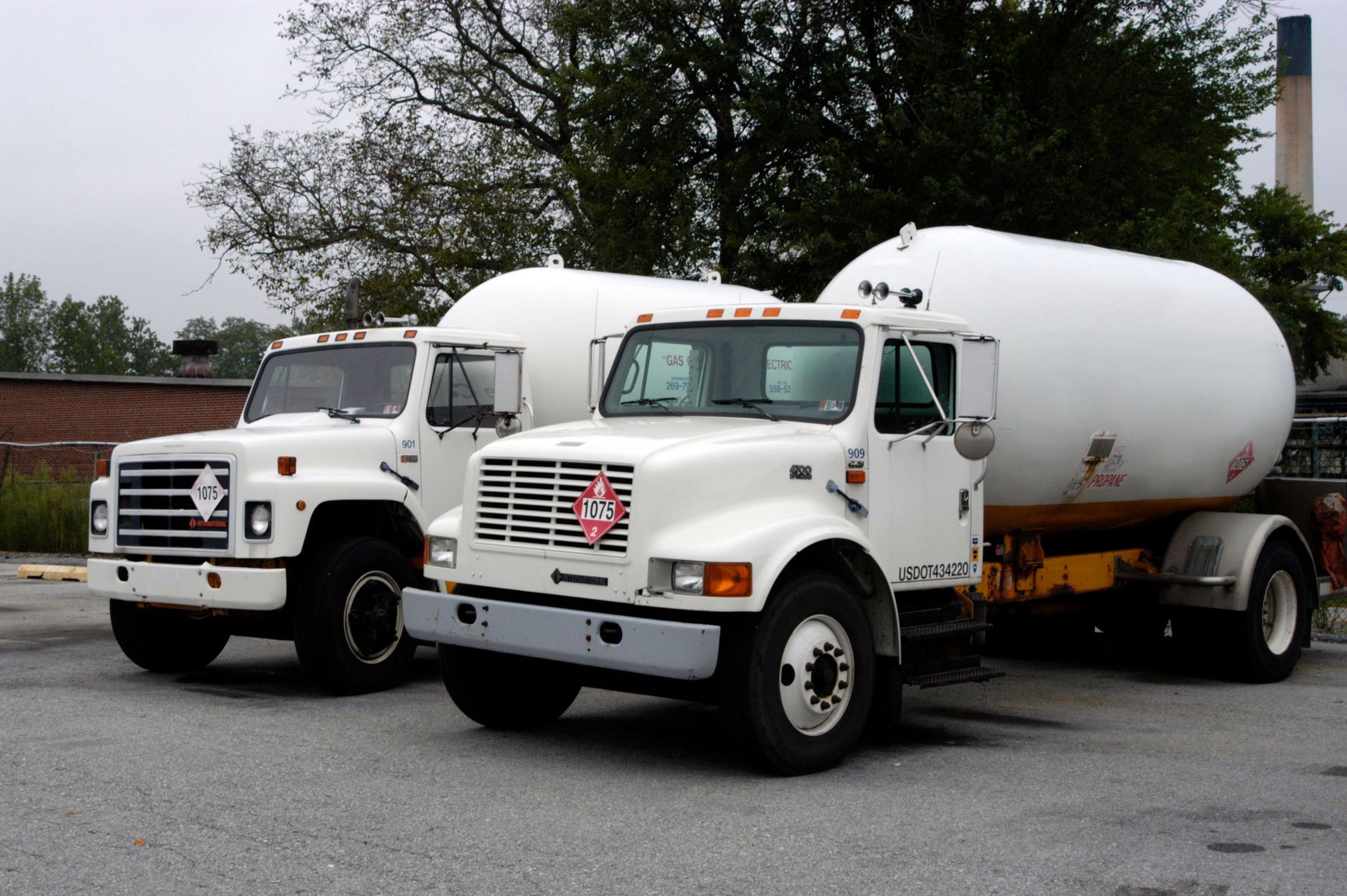
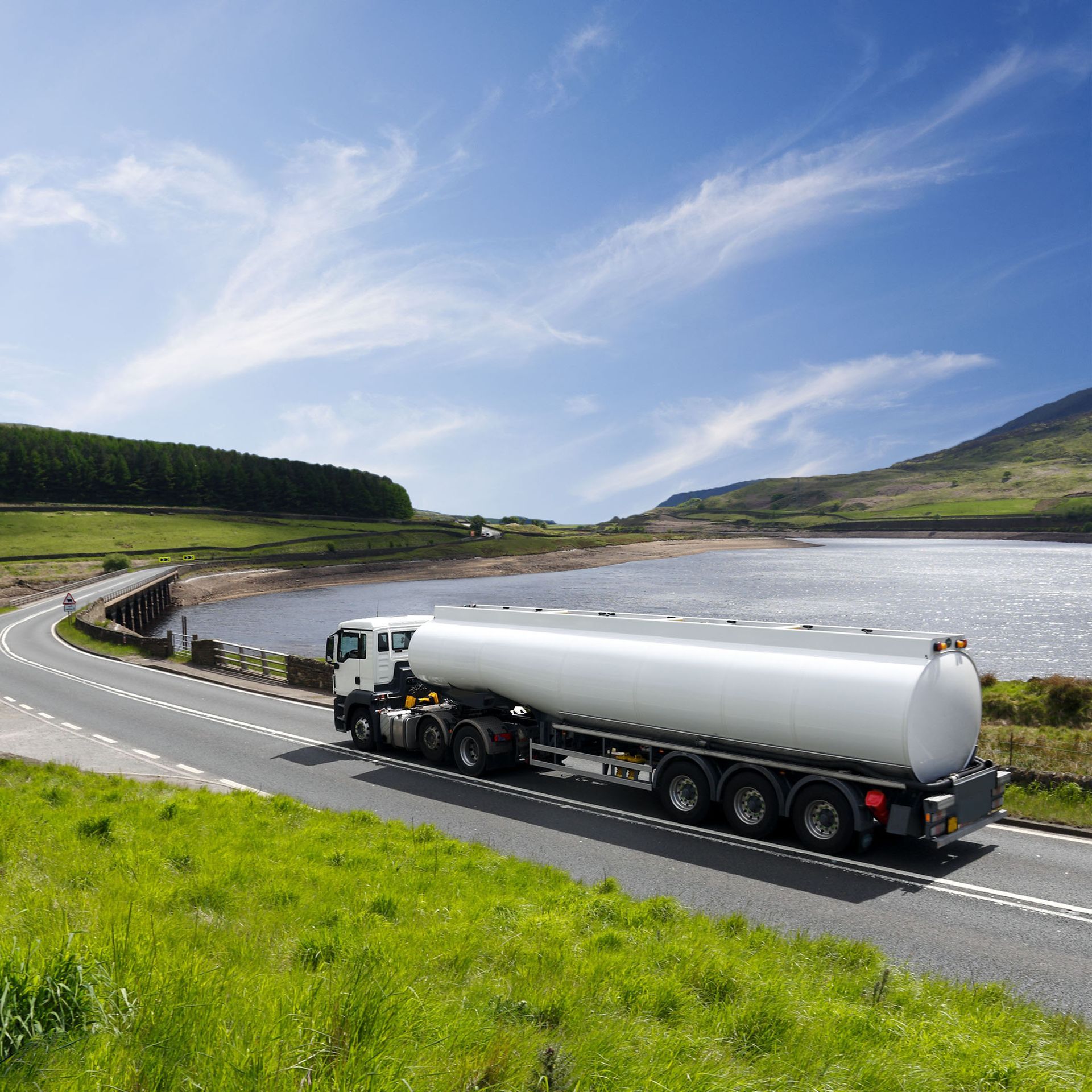
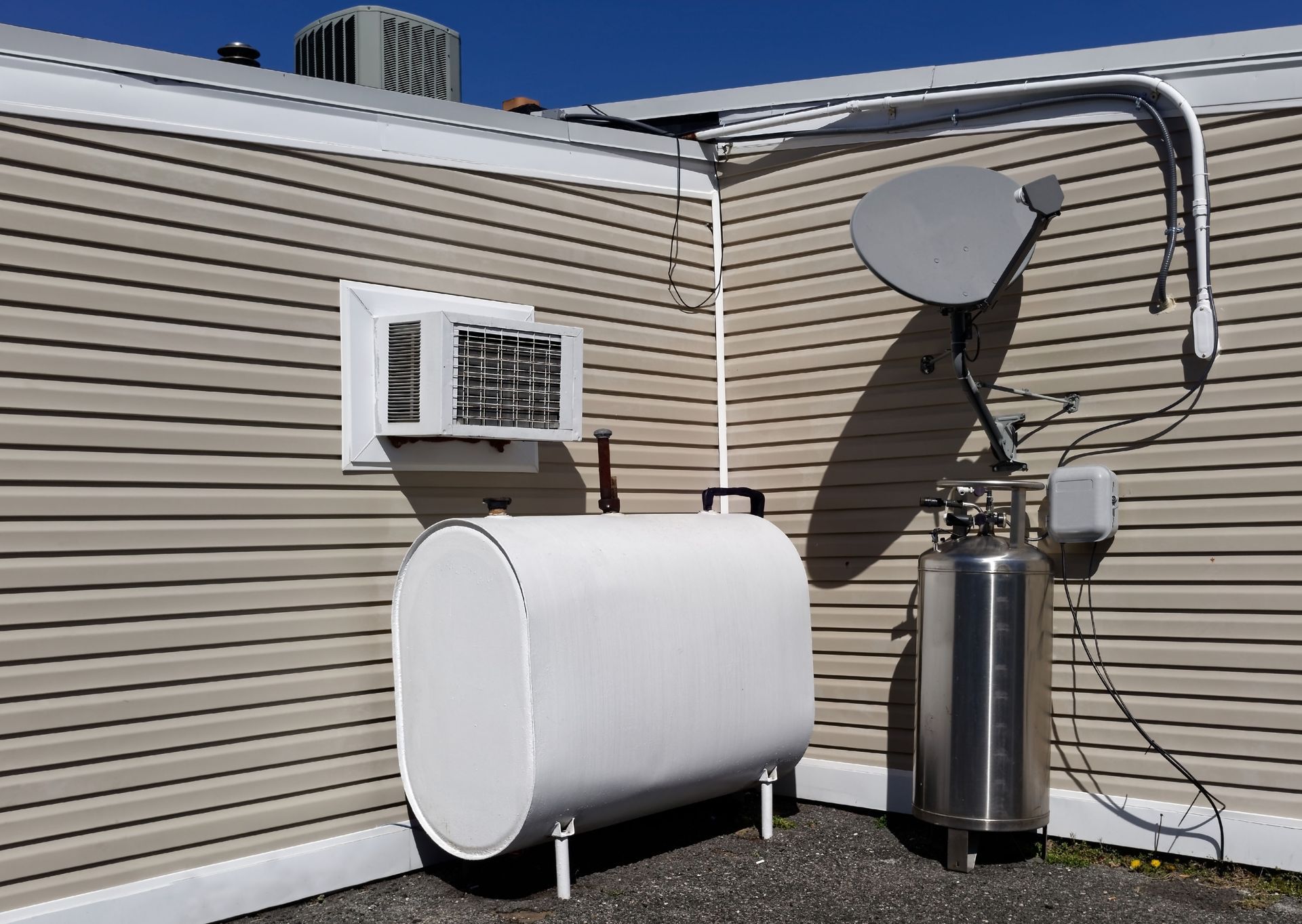
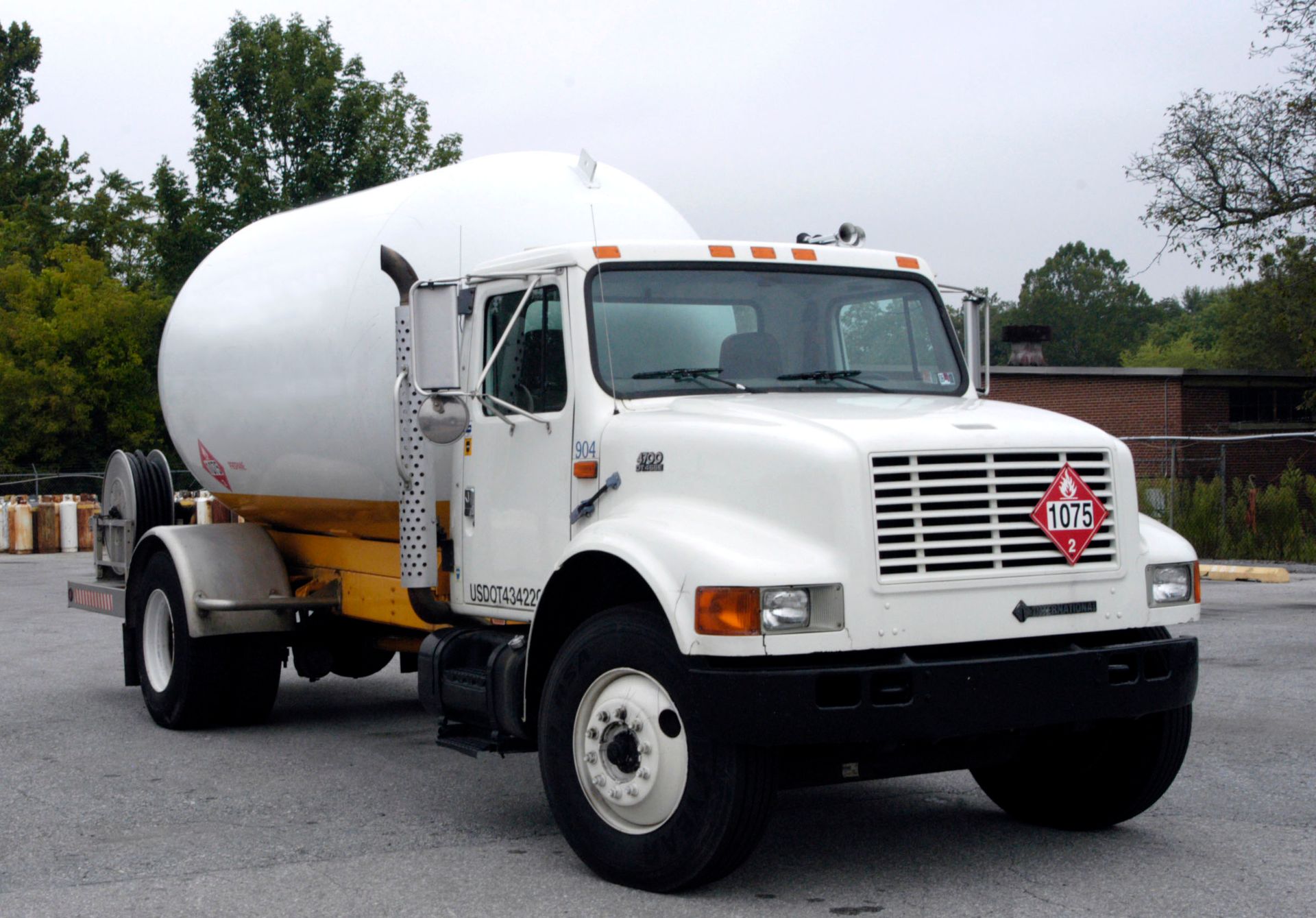
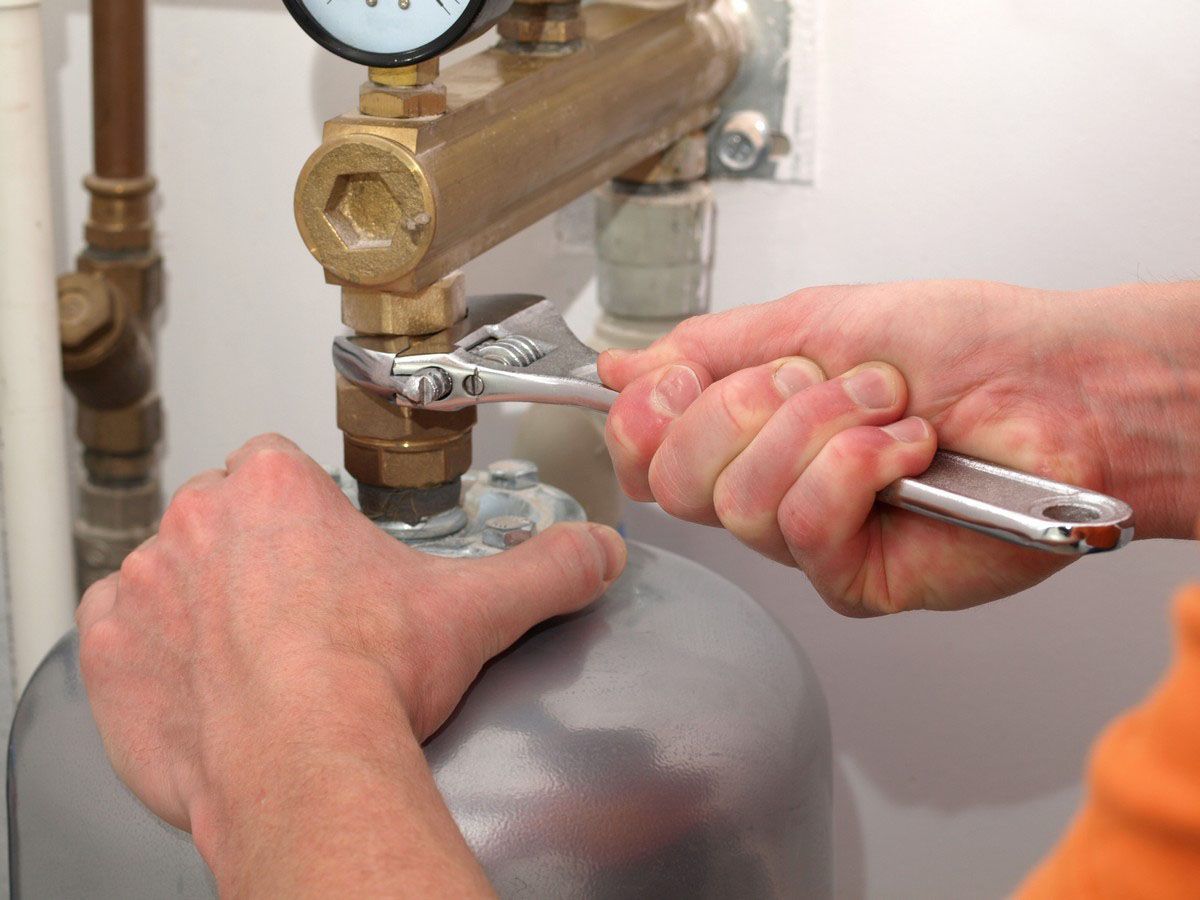
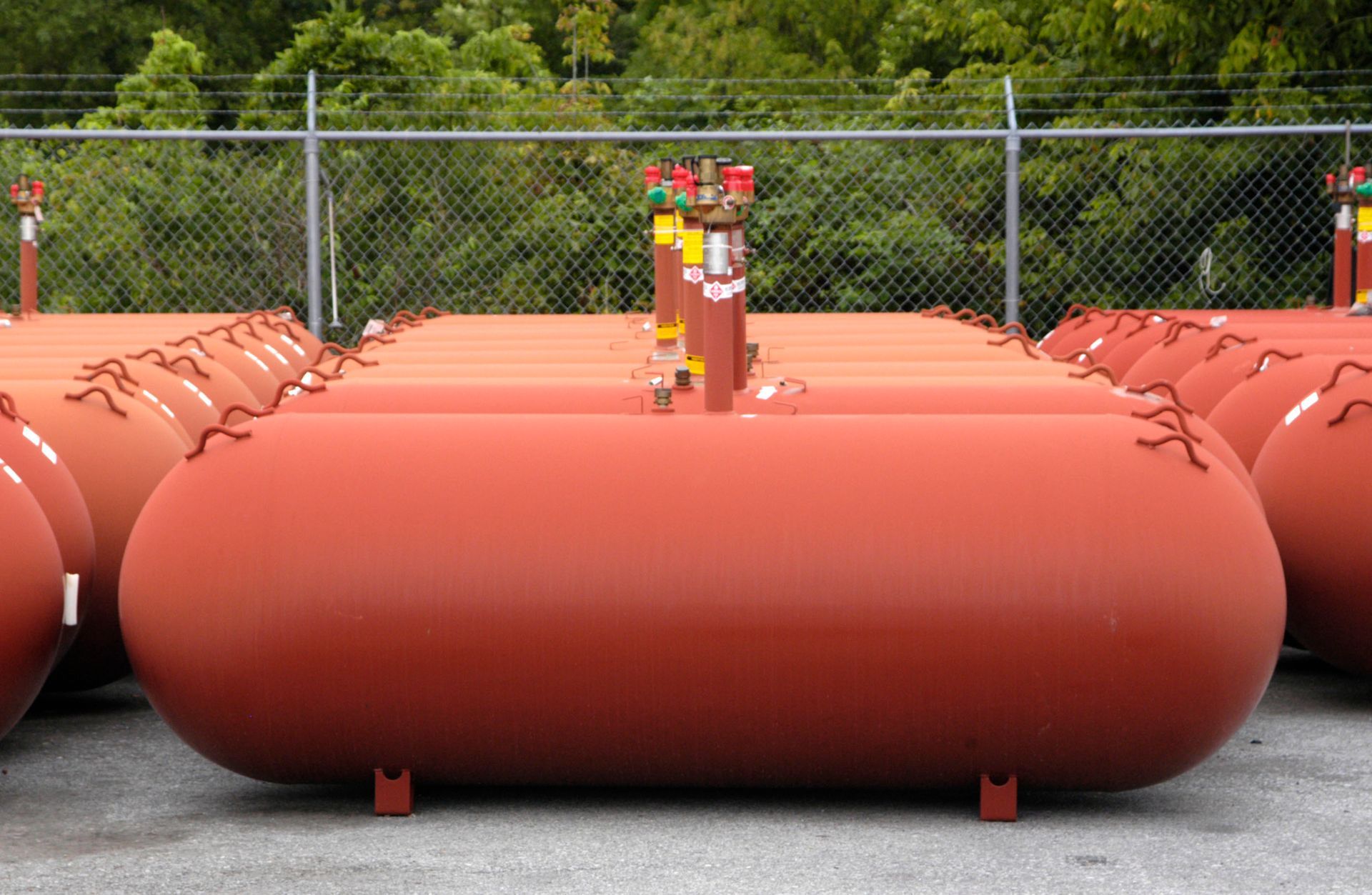
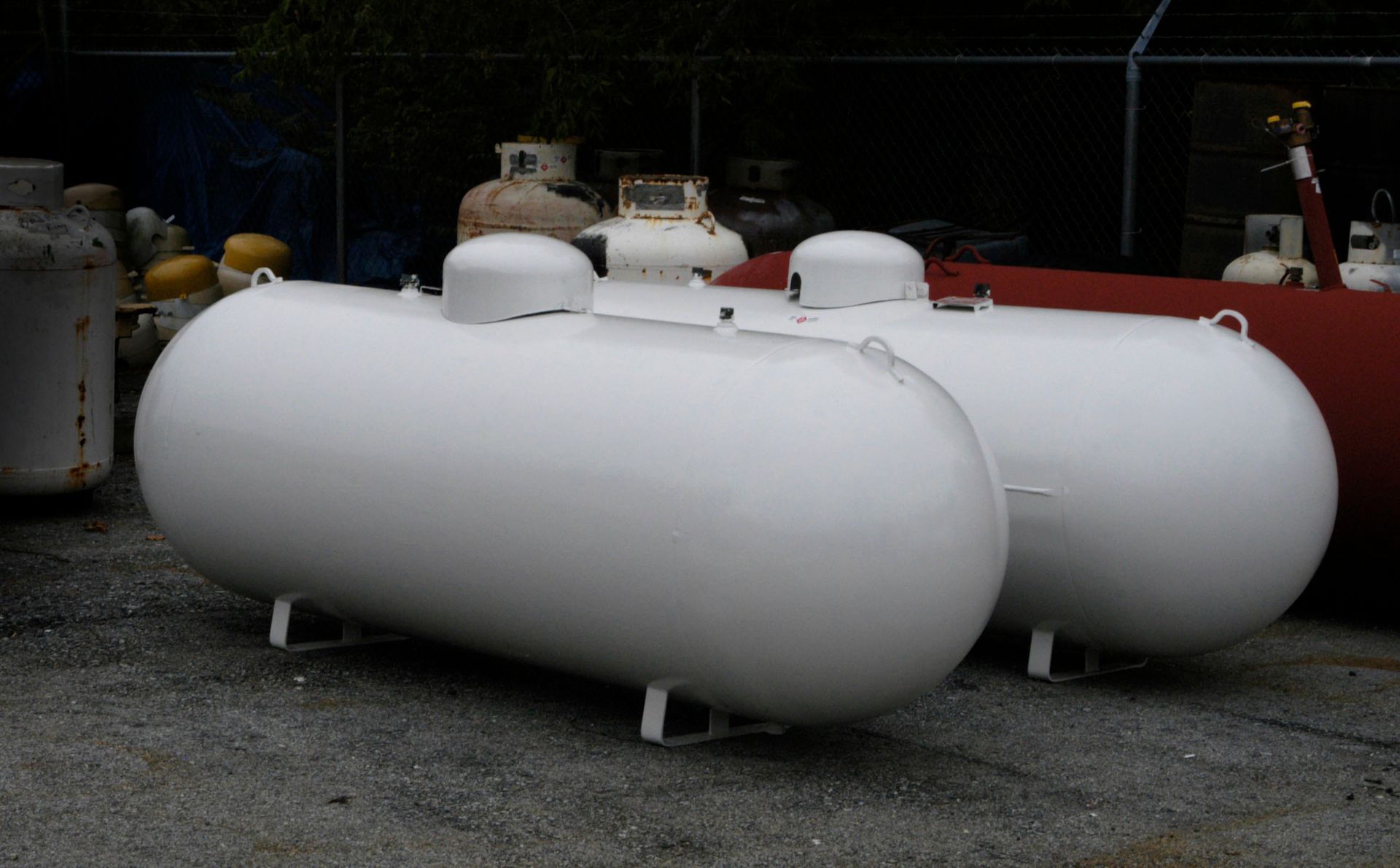
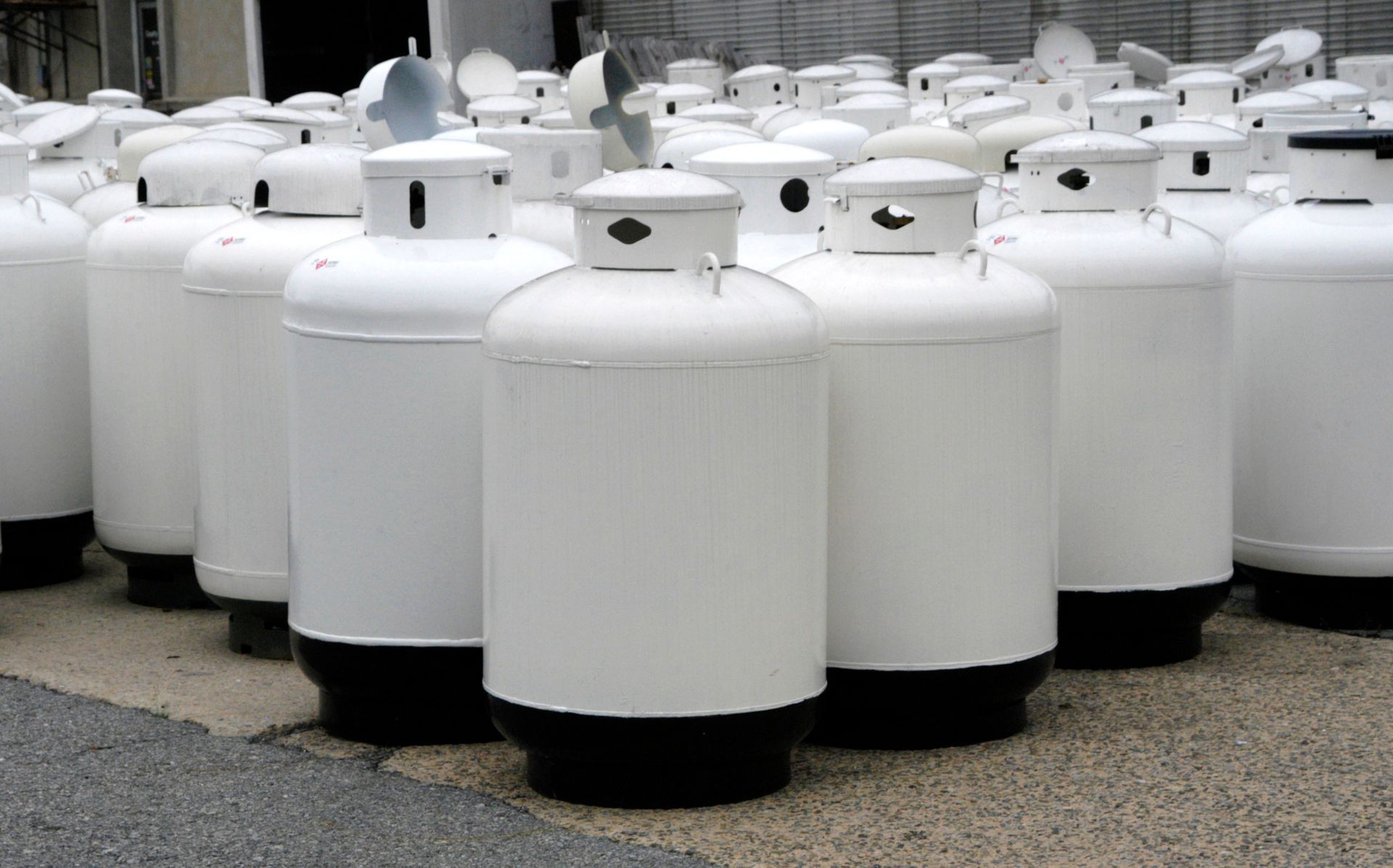
Share On: